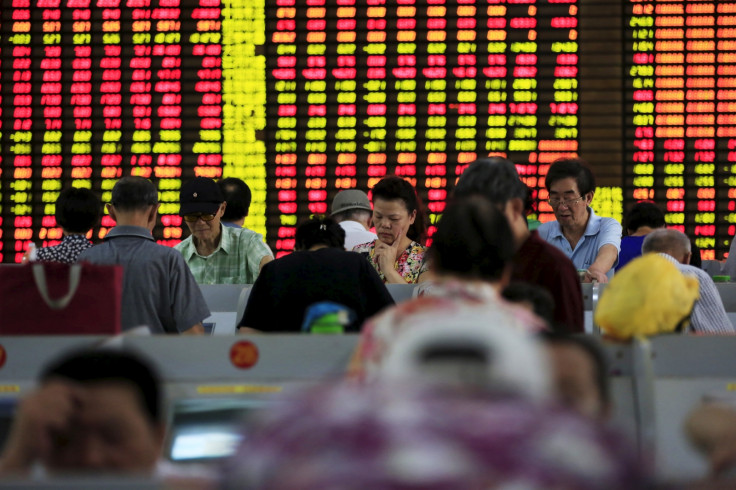China: Is it time for investors to ride the wave of panic?

Discussion of global markets and shares has proliferated this week as news of falling shares and stocks hit the headlines. Expanding your markets and investing internationally has been the advice generally given to investors who are looking to diversify their portfolio and gain a good return. However, investing in unmarked territory like this often has high risks attached and isn't always the best route to take.
Before you even think about expanding your horizons abroad, you need to be well established in the UK and have a thorough understanding of your product, market and target audience. Remember that although you can tap into a wealth of new potential customers, you'll also be faced with new regulations, government policies, customer trends, cultures, currency – the list goes on.
Investing in new markets should come with its own health warning. Think very carefully about the actions and steps you take; is it really worth the risk? There may be opportunities for high return but the levels of risk could be substantially higher than you expect.
Nothing is absolute and I'm sure investors around the world have been biting their nails anticipating news of the Chinese stock market and how the latest economic crash will affect them. Whether that manifests through the loss of Chinese consumers or decrease in commodity demand, it's understandable why panic has quickly spread among business men and women.
It seems to me that everything experiencing an extreme boost generally stumbles and dips at some stage in its cycle and China's market crash is a good example of this.
Over the past year, China has been the market leader of the world and business investments linked here produced exceptional growth due to extended credit terms and increased borrowings. However, this came crashing down over summer with shares falling 30% and an omnipotent China wobbling as all of a sudden, the market collapsed and the retail market began to panic due to the limited amount of information available in the West.
Previously preoccupied with the Greek eurozone, this news is unsettling for all investors who will have been waiting on tenterhooks as the information flow from China slowly came trickling through. Significantly, the impact on commodity pricing has added to the woes already in the sector. While growth heightened, as did borrowing, we're now seeing an oversupply of commodities and reduced spending from the Chinese government.
News of this crash has certainly come as a shock for most of us and while investments have the potential to be tremendously prosperous, there is also potential to experience a plummeting effect. As the saying goes, what goes up must come down and this is perfectly personified by this news.
Perhaps we're being too pessimistic, perhaps we're jumping to conclusions, or perhaps we're not worrying enough. The most difficult thing about this is we're consistently playing a guessing game.
The level of government intervention in China is unusual compared to Western markets. Here, the government can pass regulation to stock shareholders selling shares and has a hugely significant impact on the market. Our main issue is lack of communication.
Famously, news from China does not travel quickly and there is a real sense of ambiguity plaguing international investors. It's because of this censorship that we'll probably never know the full extent of the story.
If anything, this reiterates the fact that investing in new markets should come with its own health warning. Think very carefully about the actions and steps you take; is it really worth the risk? There may be opportunities for high return but the levels of risk could be substantially higher than you expect.
Who knows, for the brave this could be the perfect opportunity to take advantage and ride out of the wave of panic. The key is thorough research; understand your product, market and take the time to figure out the risk-benefit ratio.
James Caan CBE is founder and CEO of Hamilton Bradshaw, a venture capital firm based in Mayfair, and a former panellist on BBC series Dragons' Den. He supports many charities and established The James Caan Foundation to support education and entrepreneurship in the UK.
You can follow James Caan on Twitter @jamescaan.
© Copyright IBTimes 2024. All rights reserved.






